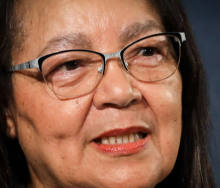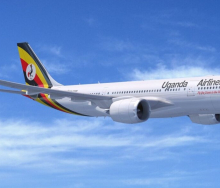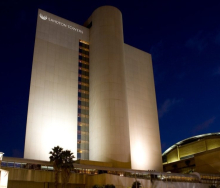STRINGENT travel policies
are often a knee-jerk reaction
from companies and travel
managers to keep spend
in check, says FCM Travel
Solutions gm, Nicole Adonis.
“Policies that are too
strict, however, have more
cons than pros. The travel
industry has always placed
emphasis on shaving a few
rands off the cost of the
Mythbuster: Stringent travel policies lead to reduced travel spend
flight, accommodation or
transfers. We do not add value
in this fashion. Instead we
look beyond the transaction
towards the bigger picture.”
If travellers book outside
policy, it’s not necessarily to
enjoy the frills of business
class or to earn more hotel
loyalty points, she says.
“It could just be that they
feel burnt out and need a good
night’s sleep on a long-haul
flight or prefer a hotel where
they can order decent room
service rather than sit alone
at the bar in the evening.”
She says understanding
behavioural economics, subtle
changes to travel policies
can ‘nudge’ travellers to
make cost- and time-effective
choices.
While travel policies have
their place in a comprehensive
travel programme, they only
form part of the bigger picture,
says Mohammed Jogee,
director: corporate sales
and marketing, Club Travel
Corporate. A travel policy can
be very robust to achieve
savings “but if the company’s
travel provider cannot offer
leading, transparent inventory
and fares at the time of
booking, then the travel policy
can only achieve so much”.
Thenjiwe Morule, head:
sales and marketing at BCD
Travel SA, says companies
with mature travel programmes
have generally done well when
managing savings on major
spend categories such as air,
accommodation and car rental.
However, even if the travel
policy is as strict as it can
be, there are sub-categories
of spend that are hidden and
unaccounted for in policies.
“These include dining
and entertainment, ground
transportation and mobile
charges, which can account for
up to 26% of travel expenses.”
Travellers buy these services
outside the boundaries of a
travel programme, so data on
this can be difficult to find.
“The good news is that
mobile technology and a
new generation of virtual
service providers are
creating opportunities
to book, measure and
manage what was previously
unmanageable.”
Tackling this spend, Thenjiwe
says, can help companies
save around 20% to 25% on
these categories, giving travel
managers another way to
demonstrate the value they
bring to their organisations.
Mythbuster: Stringent travel policies lead to reduced travel spend
30 Jul 2019 - by Kim Cochrane
Comments | 0














